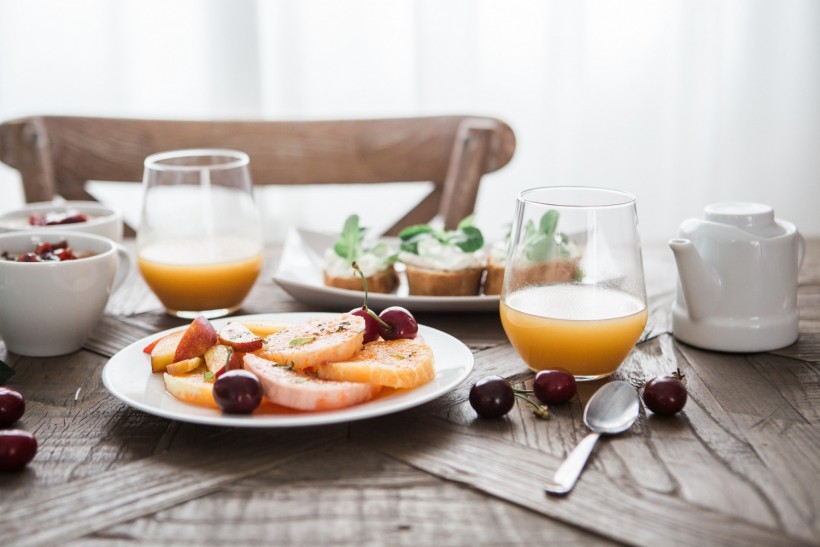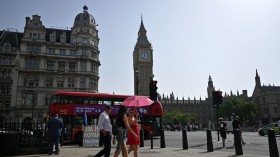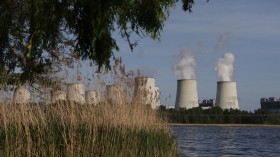Imperial College, London, recently made headlines for its brand new sustainability policy, to be rolled out in the coming years. In this article, esteemed sustainability lawyer, Rachel Pickles, explains why the new policy matters and other industry leaders should follow suit.
The New Sustainability Food and Drinks Policy
The college just released a new Sustainable Food and Drink Policy. The document shares the institute's targets for the next few years as part of its overall Sustainability Strategy 2022-26. The guidance will be rolled out across the campus outlets, including the cafes, restaurants, bars, and even shops. The policy sets out the following:
-
The outlets will be phasing out any beef products at a rate of 30% per year. The aim is to completely remove these products by 2025-26.
-
Start offering non-dairy milks as standard at no extra charge to the customer in 2022-23.
-
Ensure that all fish that is served at these outlets is Marine Stewardship Council (MSC) Certified.
-
Change the way that the ingredients are sourced, in particular prioritising local, seasonal produce in all of the campus outlets.
-
Offer more educational materials on sustainable food and drink choices to help students and staff members make more informed choices.
-
Reduce single-use cups across the Imperial College campus in favour of a revised reusable cup scheme.
-
Create community spaces when both staff and students can be more involved in sustainable food and drink projects.
The policy was set out by Imperial College's in-house catering team, which is called Taste Imperial. The staff and students worked together to come up with achievable targets that could be worked toward across the entire campus. The topics covered include sustainable food, including procurement, preparation, provision, food waste management, and overall education. The above outline encompasses all areas of these topics in one simple policy.
Why the New Sustainability Policy Matters
It's clear to see that the new sustainability policy is a step in the right direction. Here in the UK, food production contributes a massive 20% toward our greenhouse gas emissions. It hardly takes a genius to understand that this is contributing toward climate change in a real way. Beef production is one of the major culprits here. According to the BBC, an average of 110 lb greenhouse gas is released for every 3.5oz of protein that is produced.
Imperial College has recognised that this is a real threat to our planet. When we fail to take measurable steps toward a future in which there is less emissions, we are failing those around us. Oftentimes, it is not our generation that will pay the price for this mistake, it is the generations to come. The 24 targets that Imperial College has committed to hitting in the coming years all aim to help slow down the damage that food production is currently doing. While many business leaders are ignoring this obligation, it is vital to our future.
"The college is a global leader in research on climate change and sustainability, so it's important that we walk the walk ourselves," explained Head of Catering and Events, Kamil Khoury, at Imperial College. "The food and drink sector will play a huge role in reaching the UK's Net Zero targets, and I'm incredibly happy that we will be on the forefront here at the College. Our ultimate goal is to develop and apply an ethical and sustainable procurement system to ensure that the College's social and environmental impacts are appropriately considered."
Despite the fact that the policy seeks to support the move toward Net Zero, Tony Shepherd, Executive Chef and Head of Food Production, says that it may be a somewhat controversial initiative, especially in a world where customers demand more choices.
"The goal is never to remove choice for our customers. It's a difficult balance; we want to educate and inform so that we can all make more sustainable choices," he said. "But then there are things - beef is an example - where we're limited by what our supply chain can do. We can't realistically provide a more 'sustainable route' for beef products ourselves, so we must make the call that it will be replaced with options that are more sustainable."
Conclusion
The policy from Imperial College shows that it is possible to make wide scale change in the UK. Business leaders - and similar institutes - can take a leaf out of this book to see that there is the opportunity to make a serious impact. While the policy and its initiatives will take around four years to completely come into action, they are moving in the right direction. As an advocate for sustainability, I would urge business leaders to take head of this eco-friendly trend and look to ways that they can support the UK in reaching Net Zero.
About Rachel Pickles
Rachel Pickles is an award-winning environmental lawyer and sustainability advocate. She holds a Masters of Law (LLM) with honours from the University of Bristol Law School in 2016 and a Law Degree (LLB) from the University of Edinburgh.
Having started working at her current firm in 2019, she has been involved in dealing with high-profile litigation cases with non-governmental organisations (NGOs) and regulatory bodies including the Environment Agency. Her career has focussed on environmental issues including conservation, pollution, and wildlife protection. As such, she has written highly-respected legal papers on the topics which have gained traction among her peers.
Backed by her foundation of knowledge in Corporate Social Responsibility, she has expertly advised business leaders and CEOs on how to become more sustainable. She is an outspoken advocate on the prevention of climate change, deforestation, and Ozone layer depletion. She also subscribed to a range of organisations including the Legal Sustainability Alliance, Lawyers for NetZero, and the Law Firm Sustainability Network.
Rachel is working on her first book, entitled "Net Zero to One Hundred: Advice on How FTSE 100 Companies Can (and Should) Be Saving the Planet." She currently lives in Walthamstow, London with her long-time partner, three children, and a Cocker-spaniel.
© 2024 NatureWorldNews.com All rights reserved. Do not reproduce without permission.
* This is a contributed article and this content does not necessarily represent the views of natureworldnews.com






